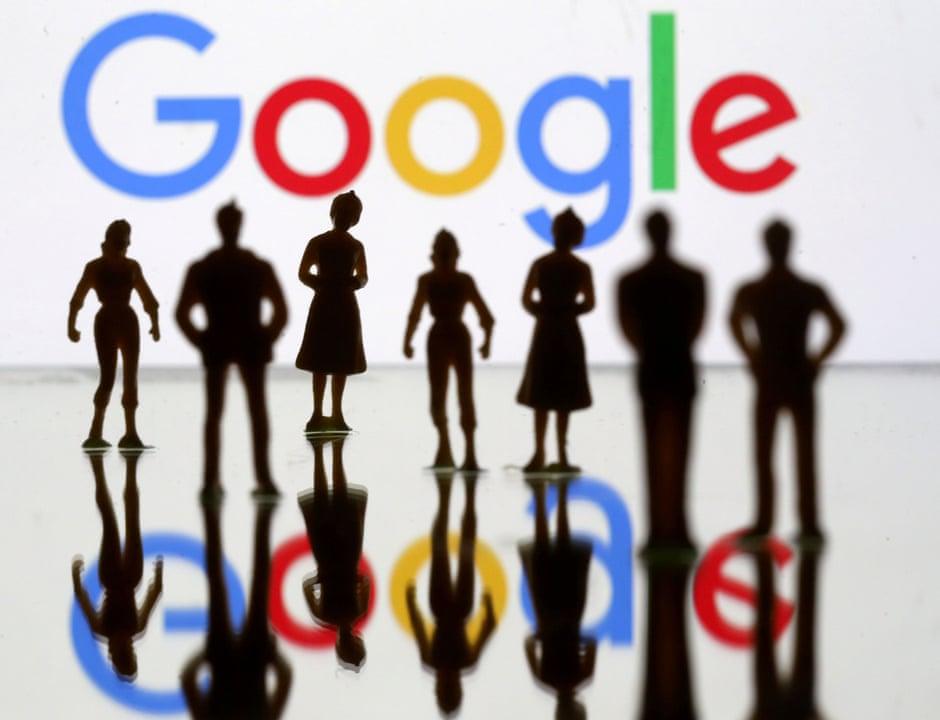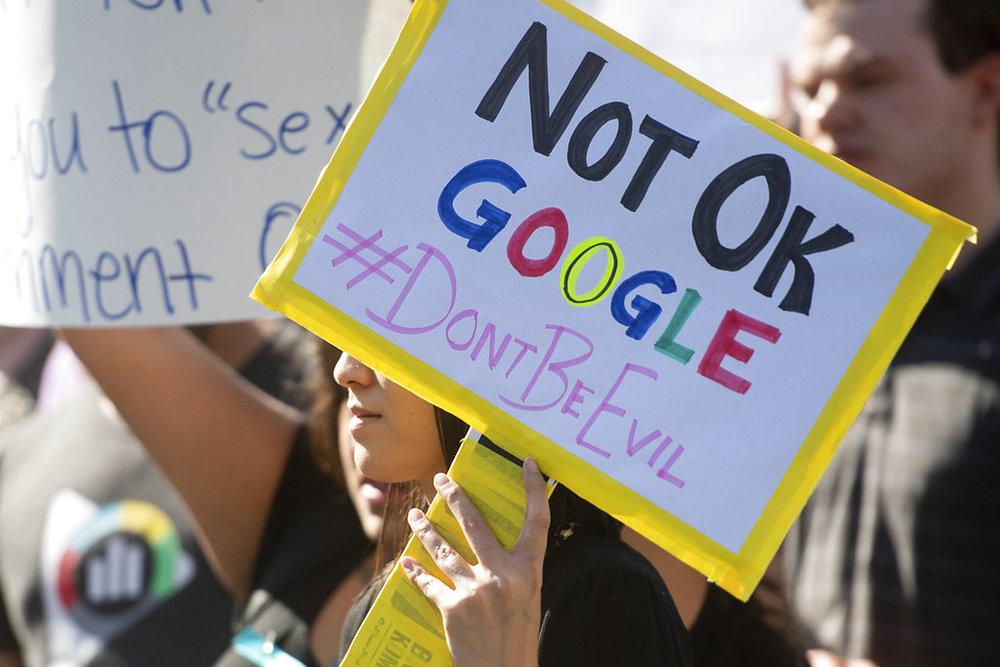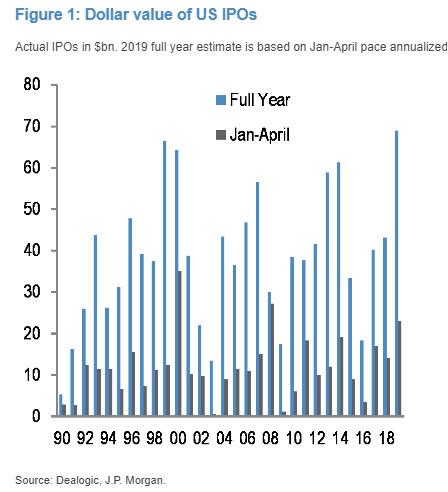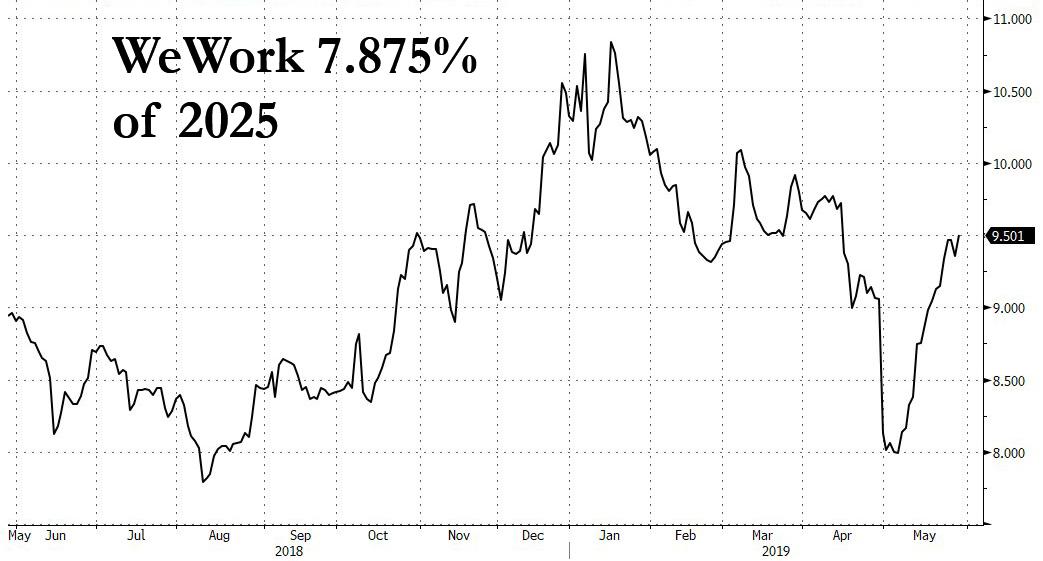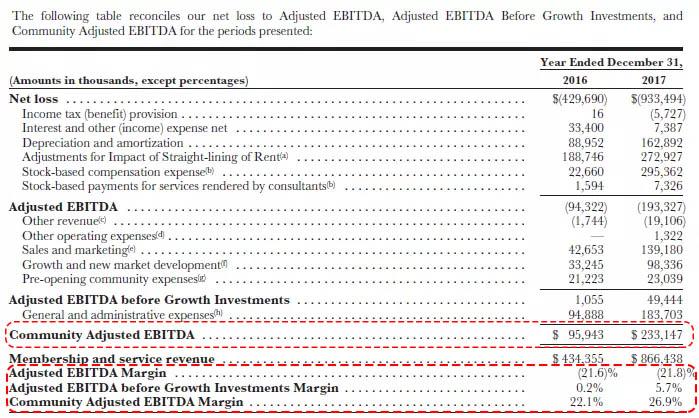Google Assistant – the company’s ‘AI’ equivalent to Siri or Alexa – can make life easier in all sorts of ways, including setting reminders, controlling smart home devices, booking rental cars and more.
And the service – which Google says is on at least a billion devices, is powered by a giant apparatus of underpaid, overworked human subcontractors who manage the entire operation, according to The Guardian‘s Julia Wong. This ‘army’ of contractors often work massive amounts of overtime for free in the hopes of becoming a full-time Google employee with all the perks and benefits that come with it.
“It’s smoke and mirrors if anything,” said one current Google employee – who spoke on condition of anonymity. “Artificial intelligence is not that artificial; it’s human beings that are doing the work.”
The Google employee works on Pygmalion, the team responsible for producing linguistic data sets that make the Assistant work. And although he is employed directly by Google, most of his Pygmalion coworkers are subcontracted temps who have for years been routinely pressured to work unpaid overtime, according to seven current and former members of the team.
These employees, some of whom spoke to the Guardian because they said efforts to raise concerns internally were ignored, alleged that the unpaid work was a symptom of the workplace culture put in place by the executive who founded Pygmalion. That executive was fired by Google in March following an internal investigation. –The Guardian
Current and former employees noted Google’s reliance on around 100,000 temporary workers, vendors and contractors (known internally as TVCs), who produce a large amount of the company’s work. Those who collect or create data for much of its technology are not directly employed by Google; from the drivers who roam around the earth for Google Maps, or YouTube’s content moderators who train the company’s filters to catch banned content, to people who endlessly flip pages of physical books to scan into the Google Books libraries.
This has created two tiers of workers at Google; highly compensated, full-time employees, vs. low-wage contract workers who are found using staffing firms. The employees said this dichotomy is “corrosive” , “highly problematic” and “permissive of exploitation.”
“It’s like a white-collar sweatshop,” said one Google employee. “If it’s not illegal, it’s definitely exploitative. It’s to the point where I don’t use the Google Assistant, because I know how it’s made, and I can’t support it.“
The disparity in wages and benefits between Google employees and contract workers is stark. Alphabet recently reported median pay of $246,804, and employees enjoy perks such as free meals, on-site yoga classes, free massages and generous benefits.
Amid increasing activism by Googlers and contract workers, Google recently announced improved minimum standards for US-based contract workers, including a minimum of eight paid sick days, “comprehensive” health insurance, and a minimum wage of at least $15 an hour by 2020. (A full-time job at that wage pays $31,200 a year; by comparison, Google charges its own employees $38,808 a year to place an infant in its onsite daycare facilities.) –The Guardian
On Tuesday, the New York Times noted that Google’s use of underpaid contractors extends far beyond just the Google Assistant team.
As of March, Google worked with roughly 121,000 temps and contractors around the world, compared with 102,000 full-time employees, according to an internal document obtained by The New York Times.
It’s time to end the two-tier system that treats some workers as expendable. From rideshare drivers, to cafeteria workers, to the many contractors who build and maintain tech products: we all contribute, and we all deserve a share. (4/4)
— Google Walkout For Real Change (@GoogleWalkout) March 27, 2019
An ‘army’ of cunning linguists are teaching their replacements
Much of what is driving modern advancements in computing and user experiences involves the study of language. As the Guardian notes, it’s taken decades to go from monotonously programming a clunky VCR – to simply telling your digital assistant what you want, when you want it. In short, Silicon Valley has gone to great lengths to understand natural human speech, in all its variations.
And all of this has been developed using a combination of humans feeding massive data sets into machine learning systems.
Take, for example, the straightforward task of asking the Assistant to set a timer to go off in five minutes, a former employee on Pygmalion explained. There are infinite ways that users could phrase that request, such as “Set a timer for five minutes”; “Can you ring the buzzer in five minutes?”; or “Configurar una alarma para cinco minutos.” The Assistant has to be able to convert the spoken request into text, then interpret the user’s intended meaning to produce the desired outcome, all practically instantaneously.
The technology that makes this possible is a form of machine learning. For a machine learning model to “understand” a language, it needs vast amounts of text that has been annotated by linguists to teach it the building blocks of human language, from parts of speech to syntactic relationships. –The Guardian
In order to feed the systems, Pygmalion was created in 2014. The brainchild of longitme Google executive Linne Ha, the division was tasked with creating linguistic data sets required for Google’s neural networks to adapt to dozens of languages. Programming is a “painstaking” and labor-intensive process, requiring the careful creation of “handcrafted” data sets in order for the digital systems to function properly.
As originally planned, Google employs just a handful of full-time employees in Pygmalion – while outsourcing an “army” of subcontracted linguists around the world, according to documents reviewed by The Guardian. At present, there are 40-50 full time Googlers and around 200 temporary workers contracted through global staffing firms such as Adecco. The workers include associate linguists who annotate data sets, and project managers who oversee that work.
All of the contract workers have at least a bachelor’s degree in linguistics, though many have master’s degrees and some have doctorates. In addition to annotating data, the temp workers write “grammars” for the Assistant, complex and technical work that requires considerable expertise and involves Google’s code base. Their situation is comparable to adjunct professors on US college campuses: they are highly educated and highly skilled, performing work crucial to the company’s mission, and shut out of the benefits and security that come with a tenured position. –The Guardian
“Imagine going from producing PhD level research and pushing forward the state of knowledge in the world to going to an annotation type job, where all you’re doing all day is annotating data; it’s very click, click, click,” said one former Pygmalion project manager. “Everyone was trying to prove themselves because everyone was trying to work for Google. The competitive edge that happened among colleagues as TVCs was severe.”
Wages for contract workers on the Pygmalion team are well above the new minimum standard, usually starting around $25 an hour for associate linguists and going up to $35 an hour for project managers. But contractors complain about subpar benefits and other indignities.
The former project manager described Adecco’s benefits plan as “the worst health insurance I have ever had”. A current contract worker earning less than $60,000 annually said they were paying $180 each month in premiums for an individual plan with a $6,000 deductible. For families, the deductible is $12,000, according to documents reviewed by the Guardian. Google declined to comment on Adecco’s pay and benefits.
Googlers earn significantly more, and those on individual plans contribute between $0 and $53 for their health insurance and have a much lower deductible ($1,350), according to documents reviewed by the Guardian. Googlers with families pay up to $199 every two weeks, with a $2,700 deductible. –The Guardian
Accusations of wage theft
The high-pressure, labor-intensive work being done to program Google’s machine learning systems “created the incentive for temps to perform unpaid work,” according to the report, while managers took advantage of this by making clear that overtime would not be approved while at the same time assigning “unrealistic amounts of work” to employees.
The pressure to complete assignments was “immense”, said one Googler. “In this mixed stream of messages, I think a lot of people had to make their own calls, and given the pressure, I think people made different calls.”
The Googler described the overall effect as “gaslighting”, and recalled receiving messages from management such as, “If the TVCs want to work more, let them work more.” All seven current and former employees interviewed by the Guardian said they had either experienced or witnessed contract workers performing unpaid overtime. –The Guardian
“To my knowledge, no one ever said, you need to work TVCs above their contracts, but it was set up so that it was the only way to get the expected work done, and if anyone raised concerns they would be openly mocked and belittled,” said one Google employee.
“The 40-hour thing was just not respected,” said one former associate linguist. “It was made clear to us that we were never to log more than 40 hours, but we were never told not to work more than 40 hours.”
“The work that they assign often takes more than 8 hours,” they added. “Every week you fill out a timesheet. One person one time did submit overtime, and they were chastised. No punishment, but definitely told not to work overtime.“
“Working off the clock is the very definition of wage theft,” said seasoned labor and employment attorney, Beth Ross, who said that both Google and Adecco could face liability for unpaid wages and damages under both state and federal laws.
According to one associate linguist, “People did [unpaid overtime] because they were dangled the opportunity of becoming a full-time employee, which is against company policy,” adding “There’s a particular leveraging of people’s desire to become full time.”
“When I was hired, I was very explicitly told that there is no ladder,” said one current contractor. “This is not a temp-to-hire position. There is no moving up’ … But the reality on the team is very much one where there is clearly a ladder. A certain percentage of the associate linguists will get project manager. A certain percentage of project managers get converted to full time. We watch it happen, and they dangle that carrot.“
via ZeroHedge News http://bit.ly/2VVcSIM Tyler Durden
